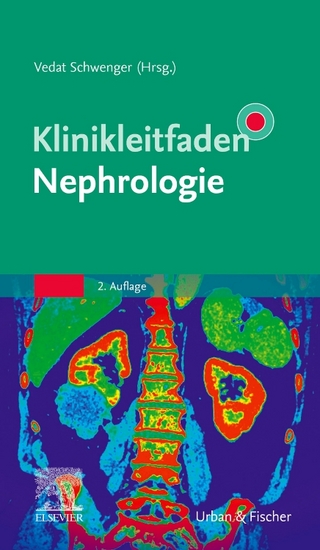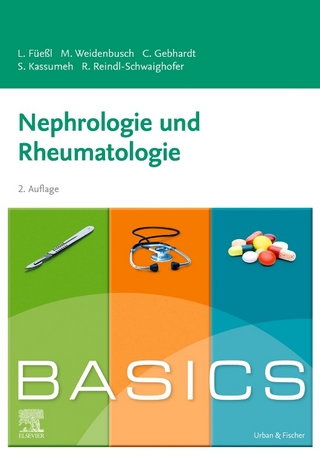
Renal Failure- Who Cares?
Springer (Verlag)
978-94-011-8079-5 (ISBN)
Session One A Fact Base: Current Requirements in the United Kingdom.- 1 Five years since Stirling — a progress review.- 2 Comparison of facilities in the United Kingdom and in Europe for dialysis and transplantation.- 3 The costs of treating chronic renal failure.- 4 Chronic renal failure in the United Kingdom: referral, funding and staffing.- 5 The selection and de-selection of patients for dialysis and transplantation.- Discussion.- Session Two An International Perspective.- 6 Should we let them die?.- 7 Dialysis and transplantation in the United States and the impact of continuous ambulatory peritoneal dialysis.- 8 Treating end-stage renal failure in Italy.- 9 Politics, morality and economics — are there choices?.- Discussion.- Session Three The State of the Art in the United Kingdom.- 10 The current United Kingdom transplant situation.- 11 Haemodialysis: the current situation in the United Kingdom.- 12 Continuous ambulatory peritoneal dialysis (CAPD) — current state in the United Kingdom.- 13 Future developments in renal transplantation.- 14 The application of computers to haemodialysis.- 15 The morphology of the peritoneum with special reference to peritoneal dialysis.- Discussion.- Session Four Psychological, Social and Ethical Aspects.- 16 Social and psychological issues of end-stage renal failure.- 17 Stress amongst staff in the renal unit.- 18 The patient’s viewpoint.- 19 The ethics of tension.- Discussion.
| Zusatzinfo | 35 Illustrations, black and white; 252 p. 35 illus. |
|---|---|
| Verlagsort | Dordrecht |
| Sprache | englisch |
| Maße | 155 x 235 mm |
| Themenwelt | Medizinische Fachgebiete ► Innere Medizin ► Nephrologie |
| ISBN-10 | 94-011-8079-2 / 9401180792 |
| ISBN-13 | 978-94-011-8079-5 / 9789401180795 |
| Zustand | Neuware |
| Haben Sie eine Frage zum Produkt? |
aus dem Bereich


